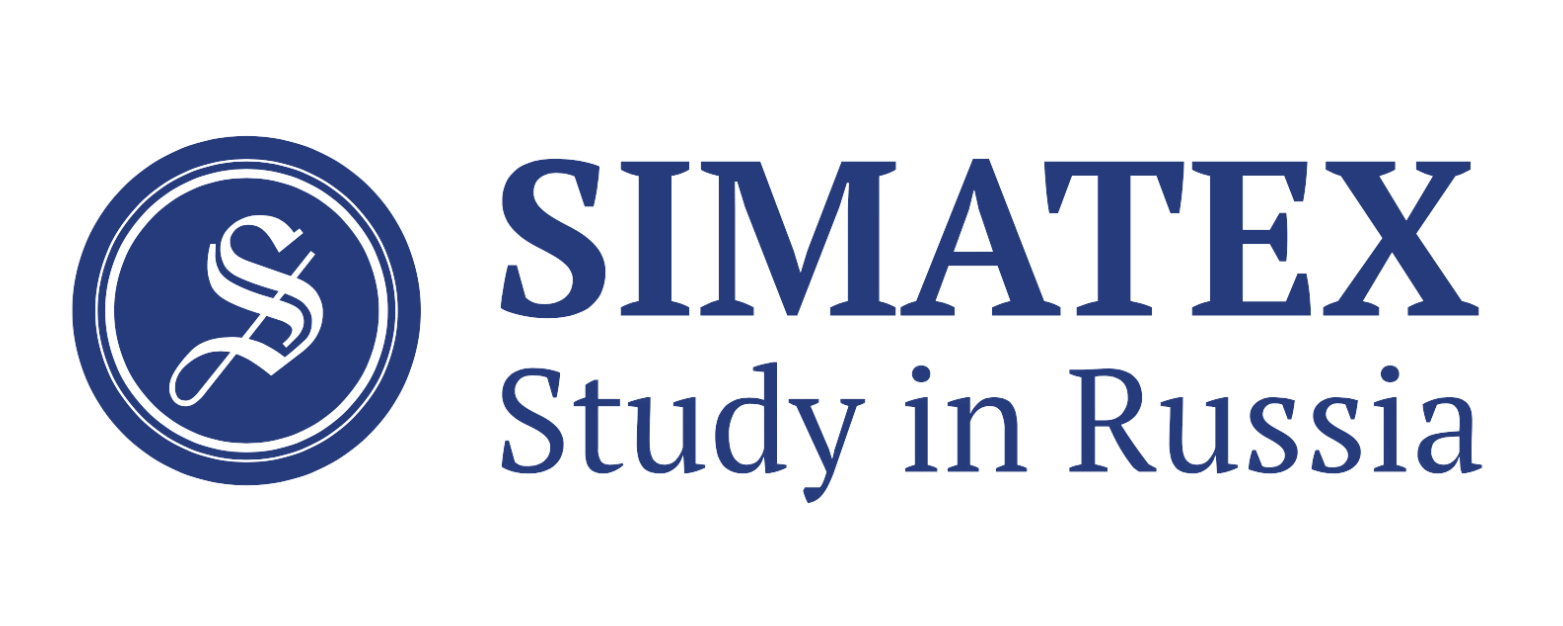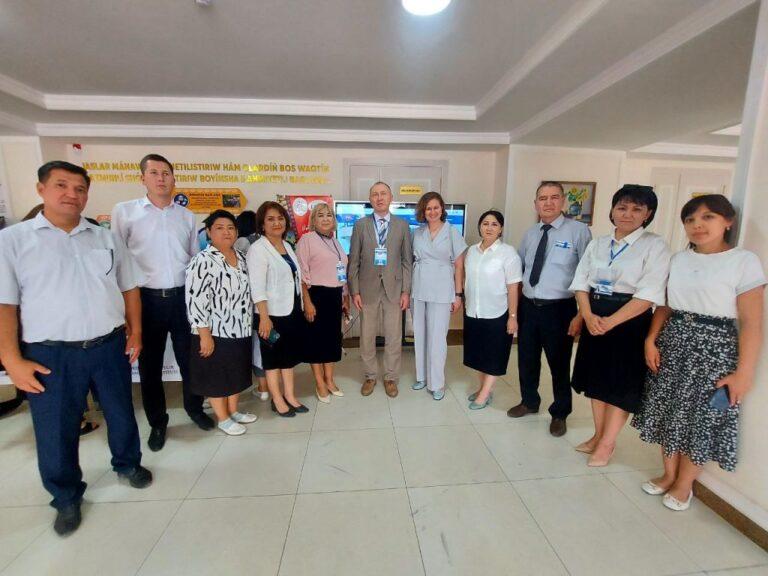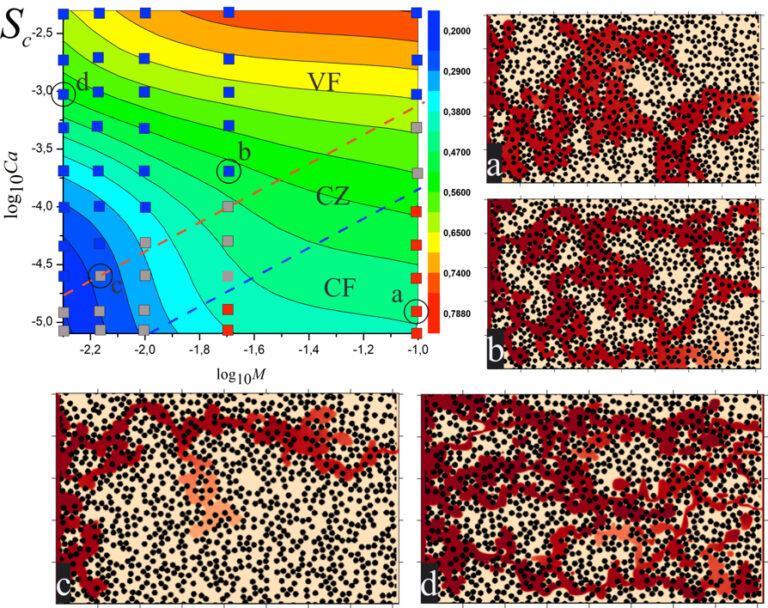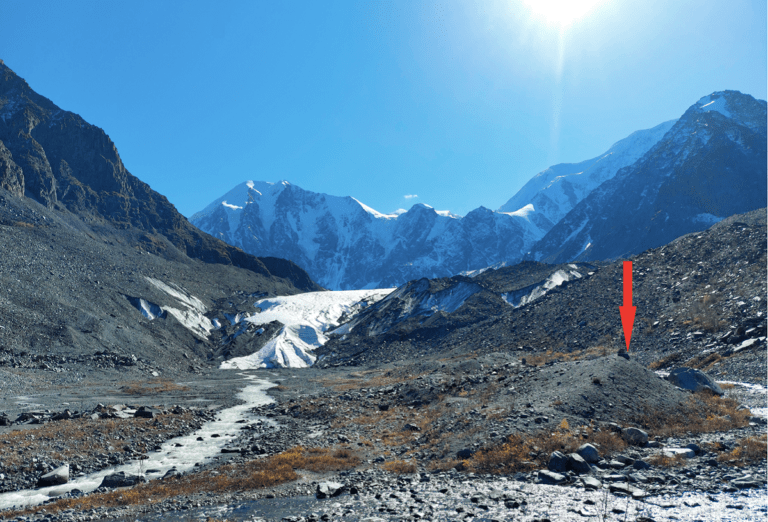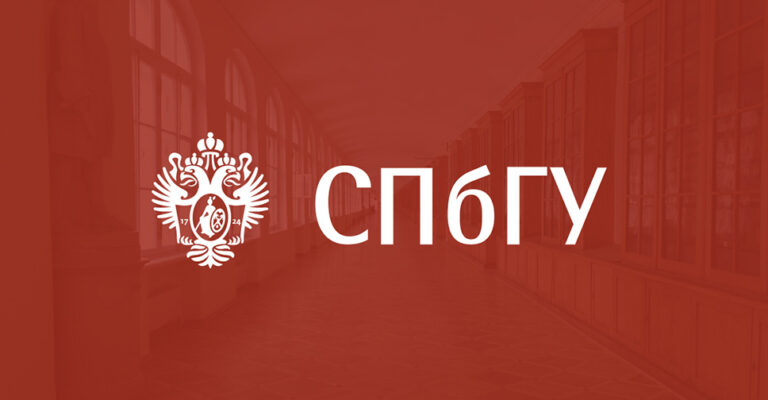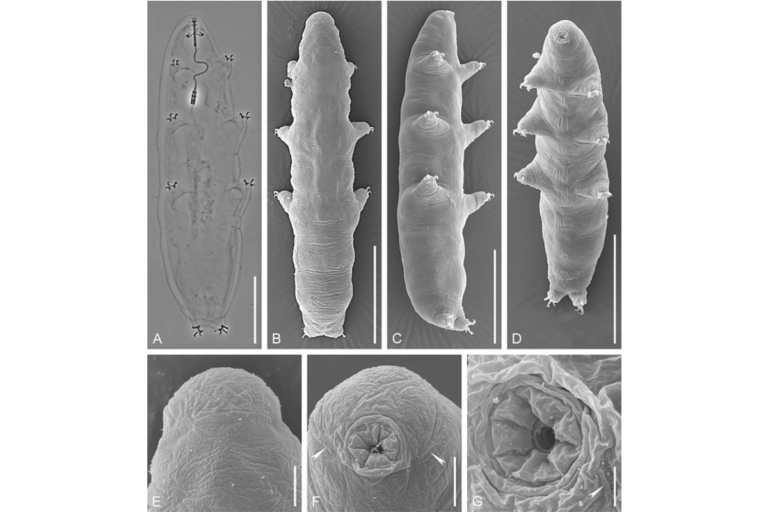KFU scientists contributing to BRICS Young Scientist Forum in Gqeberha, South Africa – Kazan Federal University

[ad_1]

The forum takes up 31 July – 2 August.
The event’s theme is ‘BRICS and Africa: Partnership for Mutually Accelerated Growth, Sustainable Development and Inclusive Multilateralism’.
KFU representatives are Associate Professor Askar Mustafin (Department of Economic Theory and Econometrics), Associate Professor Leisan Kayumova (Department of Primary Education), and Associate Professor Polina Kuryntseva (Department of Applied Ecology).
Dr Kuryntseva’s report was titled ‘Kazan Federal University’s research in climate change and sustainable development’. She comments, “My report was devoted to technologies that are being developed at KFU and aimed at reducing greenhouse gas emissions into the atmosphere. In addition, I explained how the network of carbon landfills in Russia works and why it was created, and talked about the importance of monitoring greenhouse gas emissions in different ecosystems. A significant part of my presentation was devoted to organic waste processing technologies – anaerobic digestion and composting, pyrolysis with biochar production – which help to reduce greenhouse gas emissions and the carbon footprint of plant products grown with digestate, compost or biochar as organic fertilizers. In addition, my colleagues and I are developing technology to capture carbon dioxide from industrial emissions using microalgae. I also presented a comparative analysis of carbon dioxide emissions from soil under different methods of agronomic tillage: conventional plowing and direct seeding methods.”
Dr Kayumova spoke about risk-oriented teacher education and forum theater technology, “For a long time we have been preparing future teachers for ideal working conditions, which, of course, does not correspond to the real situation in schools, kindergartens and other educational institutions. The research I presented at the forum is devoted to the formation of emotional and activity readiness of a teacher to work in risky conditions at school. I told about the peculiarities of using forum-theater technology in pedagogical education for controlled immersion of students in typical risk-containing situations.”
Finally, Dr Mustafin’s report was ‘The impact of job insecurity on the future of society: the influence of individual and work environment factors on the fear of job loss’. He says, “My research examines the factors characteristic of different phases of the economic crisis that influence the fear of job loss. I analyze the existing macroeconomic instability in the context of the financial and economic crises in Russia in 2008 and 2014. The economic situation in our country today is complicated by the consequences of the coronavirus pandemic and the growing preconditions for a new economic crisis related to the sanctions imposed on the Russian economy by unfriendly countries. I believe that the analysis of factors affecting the quality of human capital will contribute to the successful implementation of import substitution policy and technological independence of our country.”
Minister of Science and Higher Education of Russia Valery Falkov is expected to partake in the BRICS Young Innovators award ceremony at the forum on 2 August.
[ad_2]
Source link
